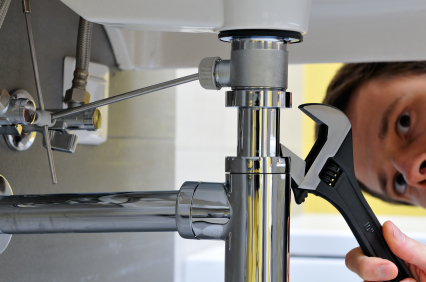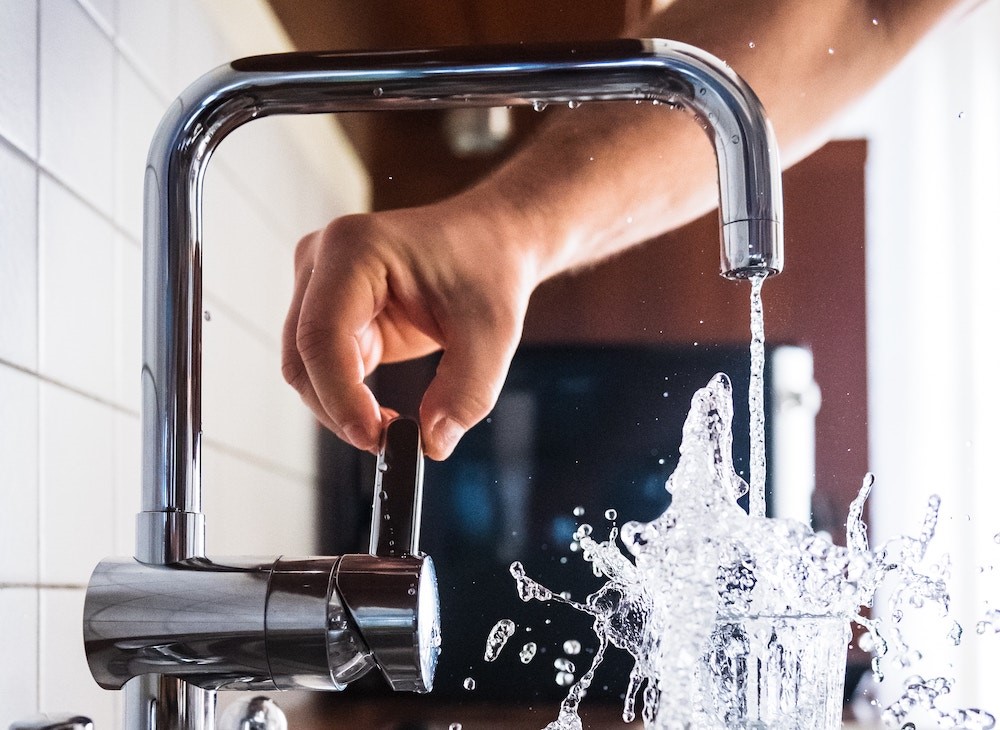Crucial Emergency Plumbing Advice to Apply Until Help Arrives
Crucial Emergency Plumbing Advice to Apply Until Help Arrives
Blog Article
This great article in the next paragraphs in relation to What to Do During a Plumbing Emergency is totally insightful. Don't overlook it.

Pipes emergency situations can strike at any moment, causing stress and anxiety and prospective damage to your home. Whether it's a ruptured pipe, a clogged up drainpipe, or a leaky tap, understanding how to take care of the circumstance until an expert plumbing technician arrives can conserve you from further difficulties. This short article gives necessary emergency pipes tips to assist you mitigate damage and reclaim control during a pipes dilemma.
Switch off the Supply Of Water
The very first step in any pipes emergency is to turn off the water supply. For local concerns, such as a leaking faucet or commode, turn off the valve near the component. When it comes to a major leakage or ruptured pipe, locate your home's primary water shut-off shutoff and transform it off instantly. Understanding the location of these valves ahead of time can conserve important time throughout an emergency.
Turn off Your Hot Water Heater
In certain emergency situations, such as a ruptured pipe, it's smart to shut down your water heater. This stops getting too hot or damage to the system when water quits flowing. Shut off the power supply to the hot water heater (electrical or gas) and allow it cool off to stay clear of potential threats.
Temporarily Quit a Ruptured Pipe
A ruptured pipe can cause substantial water damages in mins. To mitigate the problem:
Call a specialist plumber instantly to attend to the trouble permanently.
Have an Emergency Pipes Package
Prepare a basic plumbing emergency situation package to handle minor problems properly. Your kit ought to include:
Having these devices on hand can make a significant difference in your capability to take care of emergency situations.
Unclog Drains Pipes Securely.
A clogged drain can be an aggravating and untidy problem. Right here's just how to tackle it:.
If these approaches do not function, stay clear of utilizing extreme force, as it may intensify the blockage.
Take Care Of Overflowing Toilets.
An overruning bathroom can cause immediate disorder. Right here's what you ought to do:.
Address Tiny Leaks with Short-term Solutions.
Tiny leaks can quickly come to be substantial issues if left unattended. Make use of these momentary fixes till expert help arrives:.
While these fixes aren't long-term, they can help decrease water loss and damage.
Handle Frozen Pipeline Carefully.
In chillier climates, frozen pipelines are a typical emergency. If you presume a frozen pipeline:.
Know When to Call a Professional.
While quick fixes can assist temporarily, specific pipes issues need prompt expert focus. Call a plumbing if:.
Without delay contacting a professional makes sure the concern is resolved properly and stops more problems.
Stop More Damages.
Taking quick action to decrease damage can conserve you money and time in the future. Below's how:.
Final thought.
Plumbing emergencies can be frustrating, however with the right expertise and tools, you can manage the scenario efficiently until aid shows up. By turning off the water, dealing with small leakages, and using short-lived repairs, you can minimize damages and keep your home safe. Bear in mind, these ideas are temporary remedies; always consult a certified plumber to manage the root cause of the issue. Preparation and fast thinking are your finest allies in any pipes emergency.
8 Helpful Tips for Managing Plumbing Emergencies at Home
If your plumbing system hasn’t failed once, wait for it because almost everyone has a story to tell. Sometimes, it could be simple emergencies such as a leaking pipe, a blocked cistern, or even a big burst pipe. In situations like this, you need to have some handy tips to save you some money and from possible damages.
Take care of minor issues early.
Sometimes, you could have avoided an emergency by taking proactive measures while it was still early. Some major plumbing emergencies can be a result of an ignored minor issue. We recommend that you have items like plumbing tapes and other related items. A plumbing tape can allow you to manage minor leaks before the plumber arrives.
Cut off the water supply.
This tip is essential in almost any type of leakage problem. For problems like minor leakages in the toilet or kitchen, turn off the supply that takes water to the affected pipes. If the leakage is a major pipe, you must shut off the supply valve to the entire building. This will help you avoid flooding your home and neighbors if you share a flat.
Know your plumbing system
Folks typically move into a new apartment without understanding the water supply around the building. This can prove disastrous if a water emergency arises and the plumber is far away. The previous tip will prove useless if you don’t practice this one. More importantly, know where your water shut-off valve is located – you’ll need that knowledge to prevent potential home floods.
Have some common handy tools
There are lots of plumbing emergencies that you can handle without hiring a plumber. That’s why you must keep some tools available always. Some tools that you can use to fix simple plumbing emergencies easily include plumbing tapes, screwdrivers, thread seal tapes, plungers, pliers, tape measures, and rubber gloves.
Insulate your pipes from cold
You’ll save yourself from many plumbing expenses if you protect your water pipes from the cold. This is because of the harmful effects that cold weather can have on your pipes. During winter, your pipes can burst from being overly expected to freezing temperatures. So, make sure insulators are there to keep the pipes working correctly.
Avoid practices that will clog your toilet.
Many people indulge in practices that can damage the plumbing system of the entire building. One of these is when they use their toilet to dispose-off garbage. They flush all kinds of things, such as paper towels, bandages, hairs, female sanitary products, etc., down the toilet. This will block your toilet in the long run, incurring unnecessary expenditures. Dump such waste in the trash instead.
Check your dials regularly.
Sometimes, there could be leakages in your home without noticing them in time. So, constantly monitor your water meter dial. If the dial is reading when there is nobody using water, this is an indicator that there is leaking. Check for leaks immediately. Call a plumber as soon as possible if you can’t find any.
https://www.constructionplacements.com/8-helpful-tips-for-managing-plumbing-emergencies-at-home/

I am very inquisitive about Expert Tips for Managing a Plumbing Emergency Until Help Arrives and I hope you enjoyed our page. Sharing is caring. Helping people is fun. Thanks for being here. Return soon.
Click Here Report this page